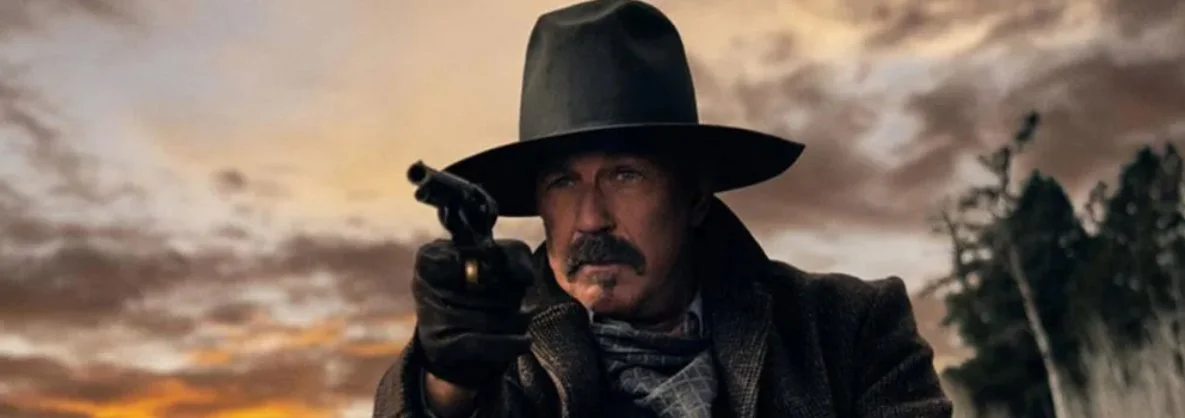/cdn0.vox-cdn.com/uploads/chorus_asset/file/7106591/Moonlight2.0.jpg)
Moonlight is, quite clearly, the most critically acclaimed movie of last year. There's no disputing that fact. It topped well over 100 critics lists and has been deemed a landmark of cinema by many. Is it a coincidence that Moonlight's acclaim comes a year after #Oscarssowhite? Of course not. Just like it wasn't a coincidence that Birth of A Nation was seen as the second coming at Sundance and was on its way to multiple Oscar nominations UNTIL controversy hit that film's director, Nate Parker, and the film, all of a sudden, was shunned and met with divisive reviews. Moonlight's transition from festival to release was much smoother. Its director Barry Jenkins is a genuinely nice guy who volunteered for many years at the Telluride Film Festival. I met him once and we ended up speaking about director Wong Kar-Wai, an influence that seems to be all over Moonlight. His first film, Medicine For Melancholy, was a well-intentioned, but ultimately failed attempt at the atmospheric cinema of Wong Kar-Wai. It did show promise of a unique voice to come. His second film, Moonlight, came out of nowhere. Unanticipated and not really thought about before it's Telluride debut.
What can be said about “Moonlight” that hasn’t already been said? Set during three transformative periods in the life of an African-American gay man, the film is not only a mesmerizing journey into the “African-American experience,” but it also shatters cinematic taboos that not many have dared touch before it. This was the first major film I can recall to feature two black men kissing onscreen. Unheard of, but an incredibly important landmark moment.
Jenkins splits the film into three different time frames as he follows his protagonist Chiron’s struggle for self-identity in a society that refuses to acknowledge his sexual freedom. The three actors playing Chiron (Alex R. Hibbert, Ashton Sanders and Trevante Rhodes) were all revelatory and Jenkins molded relevant themes in Moonlight. Tackling masculinity in ways that are both fresh and perceptive, he created a stylized and, sometimes, remarkable, film about a gay black man.
The first two acts are revelatory and uncompromising. They, however, set us up for a third act that fails to deliver on the promise that was built up in the film's first 70 minutes. Now a drug dealer with an overtly muscular build and gold grillz, the vicious circle has been set. Chiron has become Juan, the only father figure he could ever look up to in his childhood. The transition feels almost too facile and Jenkins' approach not very subtle. It's also dramatically flat and doesn't adhere to the first two acts' suspensful intrigue and fascinating dissection of masculinity. Instead of being this deep, heartfelt resolution it ends up feeling contrived and filled with empty, uninvolving words. Hitchcock once said "Drama is life with the dull parts edited out." Something Jenkins clearly hasn't learned that.





